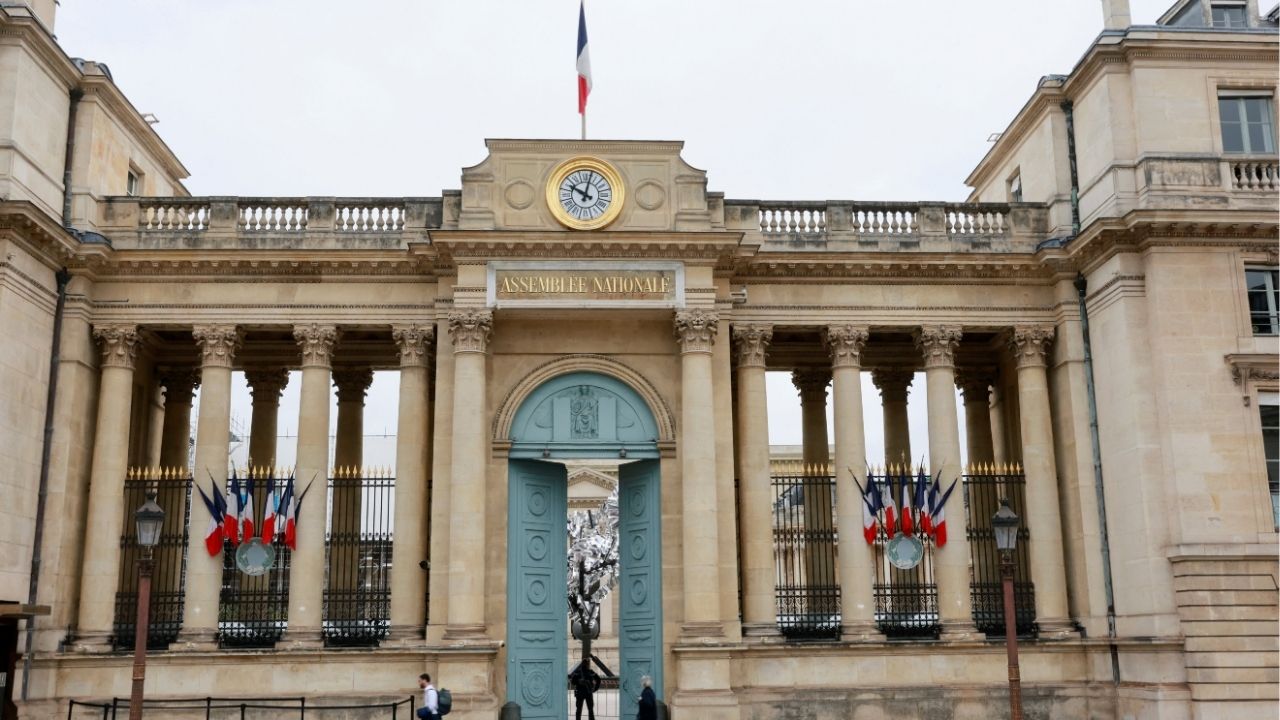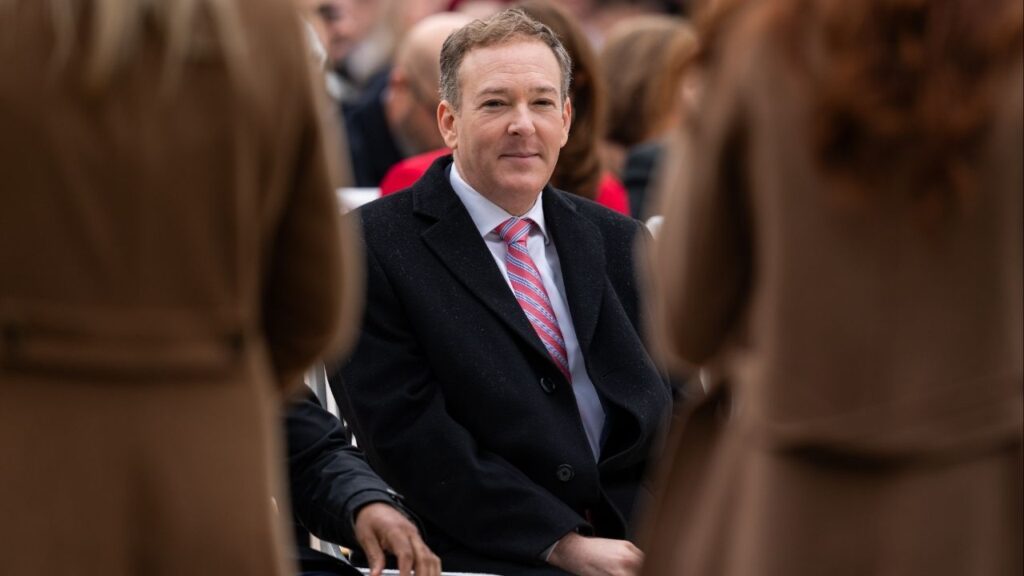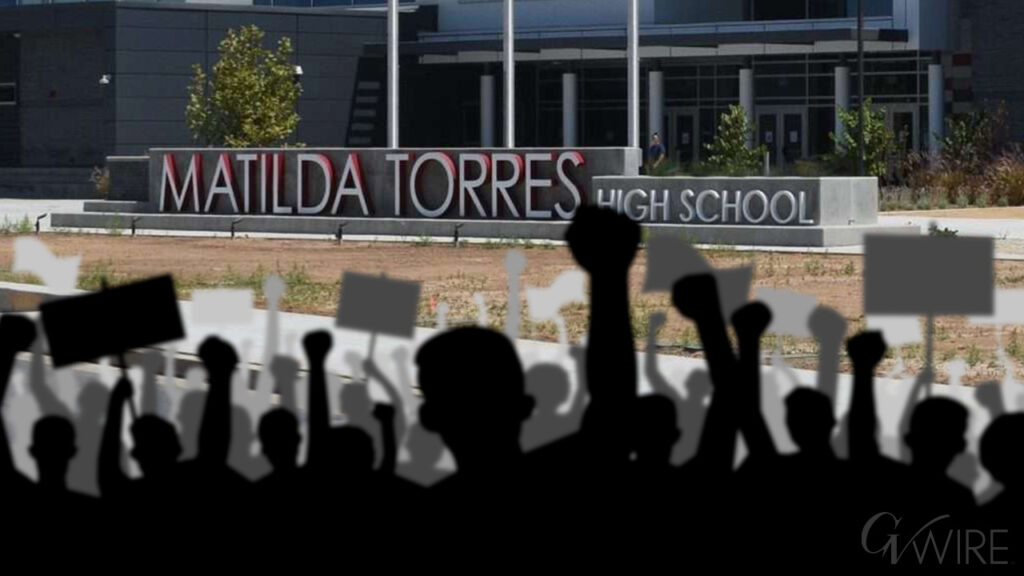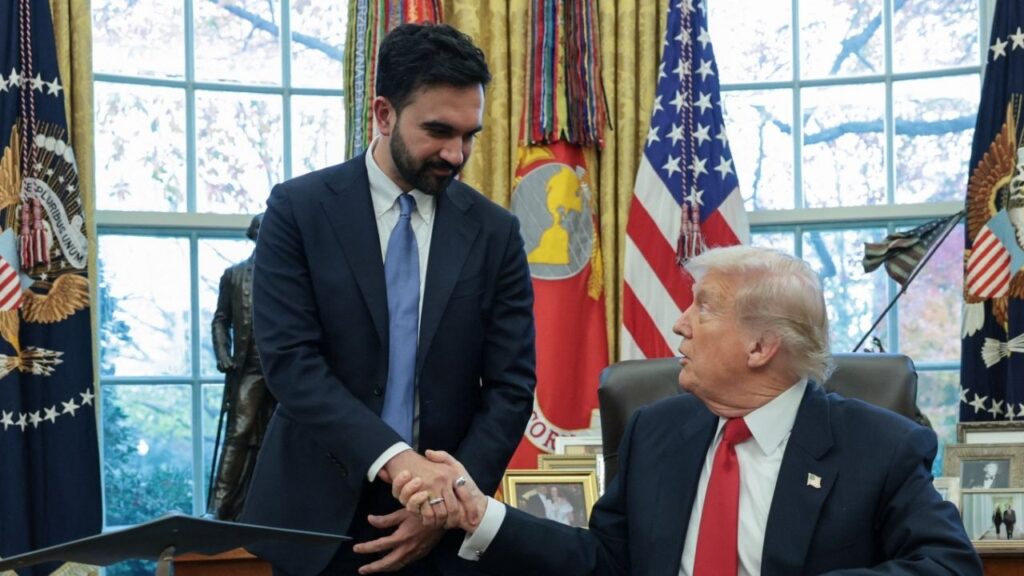Share
|
Getting your Trinity Audio player ready...
|
PARIS — France’s new Prime Minister Sebastien Lecornu and his government resigned on Monday, hours after Lecornu announced his cabinet line-up, making it the shortest-lived administration in modern French history and deepening the country’s political crisis.
The unexpected resignation came after allies and foes alike threatened to topple the new government, which Lecornu said meant he could not do his job. His shock departure drove stocks and the euro sharply lower.
Everyone is now waiting to hear what President Emmanuel Macron, who has not yet publicly commented, plans to do next. Opposition parties pressed him to resign, or call a snap parliamentary election, saying there was no other way out of the crisis. It was unclear when the centrist president would speak.
What’s Next?
In past months, Macron, whose mandate runs until May 2027, has repeatedly ruled out stepping down or calling elections. He could try to appoint yet another prime minister, who could be a politician or a technocrat, or he could theoretically ask Lecornu to appoint a new government.
Lecornu, who was Macron’s fifth prime minister in two years, stayed in the job for only 27 days. His government lasted just 14 hours, highlighting divisions in the French parliament as the euro zone’s second-largest economy struggles to put its finances in order.
French politics has been increasingly unstable since Macron’s re-election in 2022 for want of any party or grouping holding a parliamentary majority. Macron’s decision to call a snap parliamentary election last year deepened the crisis by producing an even more fragmented parliament.
Opposition Wants Snap Elections
The opposition immediately zeroed in on Macron, urging him to call new snap parliamentary elections or quit.
“This joke has gone on long enough, the farce must end,” far-right National Rally leader Marine Le Pen said.
Mathilde Panot, of the hard-left France Unbowed, said: “The countdown has begun. Macron must go.”
Two opinion polls from last month show that in the event of snap parliamentary elections, voters would probably vote largely as they did last year, with the RN ahead, and the left second, followed by the centre-right and conservatives.
Parliament would remain divided in three blocs, with none holding a majority. Parliamentary elections are held in 577 constituencies, and in many cases in two rounds, and their outcome can be hard to predict.
An Ifop poll last month saw Le Pen or RN president Jordan Bardella well ahead in the first round of a presidential election, but it did not survey the crucial second round.
Back to Elections?
David Lisnard, of the conservative Republicans, was also among those who called on Macron to leave.
The Republicans’ party chief Bruno Retailleau, the outgoing interior minister, whose tweet lashing out at the cabinet line-up on Sunday was key in the latest crisis, was more cautious, saying the ball was in Macron’s camp and he must speak soon.
“If there is a deadlock, then we will have to return to the voting booth. But I think there are other ways before it comes to that,” he told TF1 TV.
To explain why he could not go forward and strike compromises with rival parties, Lecornu blamed the “egos” of opposition politicians who rigidly stuck to their manifestos, while those inside his minority coalition were focusing on their own presidential ambitions. Retailleau is thought to be considering a bid for president.
New Cabinet Line-up Angered Opponents
On the streets of Paris, many were shocked at the worsening instability.
“I’ve never seen this,” said 79-year-old pensioner Gerard Duseteu. “I’m almost ashamed, even, to be French.”
Some said fresh elections seemed like the only option. “We cannot continue like this,” said 20-year-old political sciences student Marius Loyer.
After weeks of consultations with political parties across the board, Lecornu, a close ally of Macron, had appointed his ministers on Sunday and they had been set to hold their first meeting on Monday afternoon.
But the new cabinet line-up had angered opponents and allies alike, who either found it too right-wing or not sufficiently so. Lecornu handed his resignation to Macron, who accepted it.
French Stocks and Euro Fall
Paris’ $3 trillion CAC 40 fell by as much as 2.1% before recovering some ground to trade down 1.4% on the day, still making it the worst-performing major index in Europe, as banking shares came under heavy fire.
The euro slid 0.4% to $1.1698.
Lecornu’s two predecessors were brought down by parliament over efforts to rein in France’s public spending at a time when ratings agencies and investors are watching closely.
France’s debt has risen to 113.9% of gross domestic product, while the deficit was nearly double the European Union’s 3% limit last year.
Deep Instability
France has rarely suffered a political crisis so deep since the creation in 1958 of the Fifth Republic, the current system of government.
The 1958 constitution was designed to ensure stable governance by creating a powerful and highly centralised president endowed with a strong majority in parliament, and to avoid past instability.
Instead, Macron – who in his ascent to power in 2017 reshaped the political landscape – has found himself struggling since 2022 with a fragmented parliament.
France is not used to building coalitions and finding consensus.
—
(Reporting by Elizabeth Pineau, Benoit Van Overstraeten, Michel Rose, Sudip Kar-Gupta, Inti Landauro, Alessandro Parodi, Richard Lough, Johnny Cotton, Amanda Cooper, Dominique Vidalon; Writing by Ingrid Melander; Editing by Gareth Jones, Sharon Singleton)



















